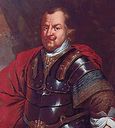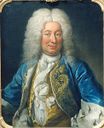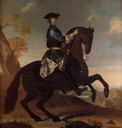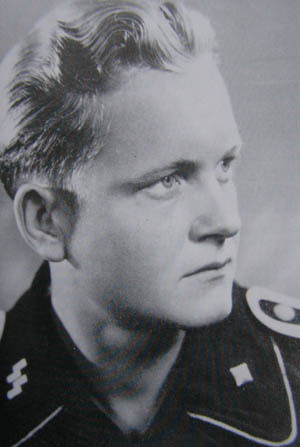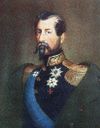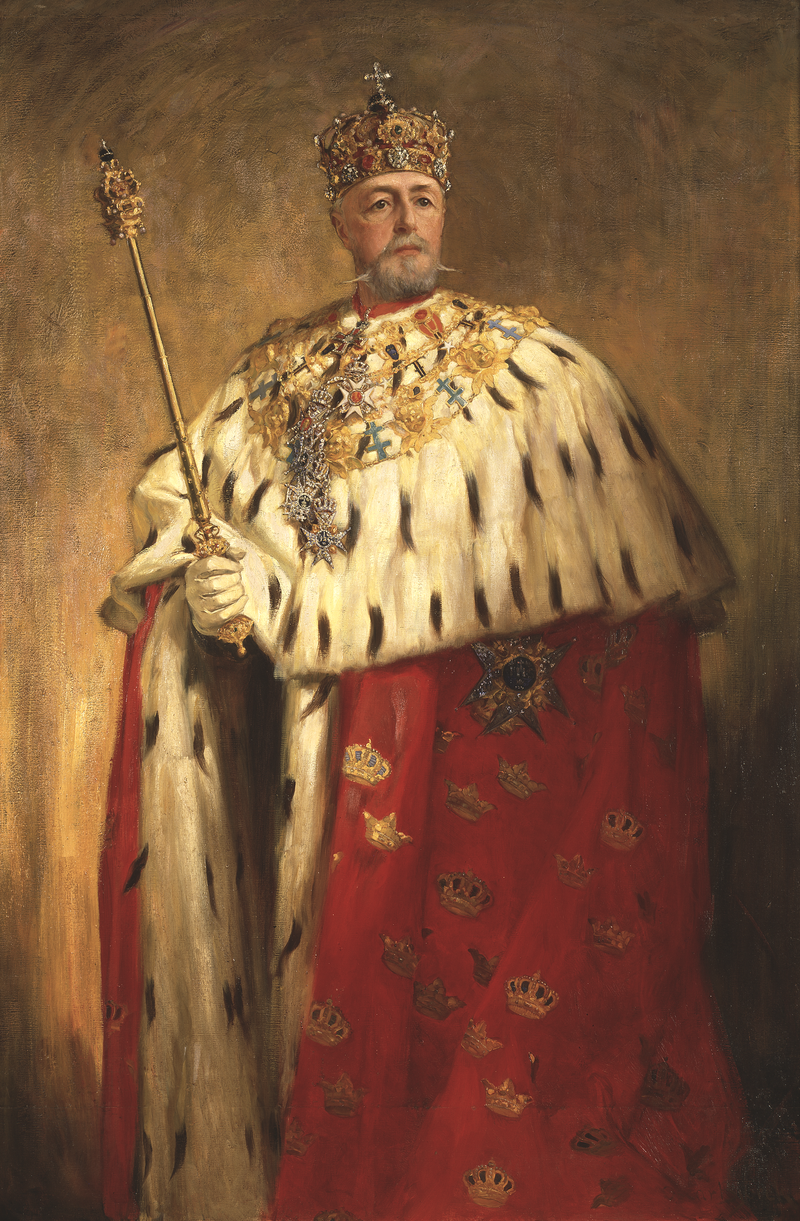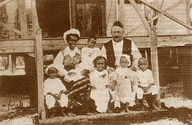
Sweden (SWE)


Gustav II. Adolf and his contribution to military art - Part II
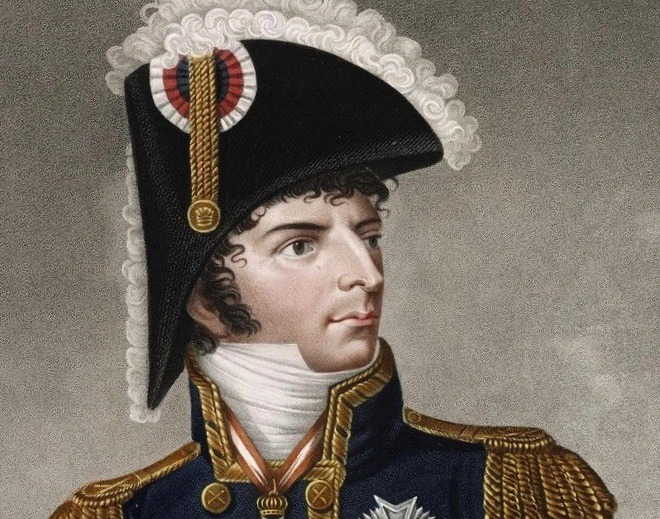
Marshal Bernadotte (Part 1) - Service in the Army
Great French Revolution brought to the world not only the image of the struggle of the people against hated regime, but also a multitude of heroes and personalities for whom it became a stepping stone to glory. The Grande Armée became a kind of "seedbed" for these emerging heroes who fought valiantly for their ideals. If they were really successful, they rose rapidly through the military hierarchy, and as their fortunes increased, their ideals later were replaced by a lust for power. Some began to hatch their own plans, to pursue their goals, and no longer pursued their military service with the same zeal as in the Revolution. A very controversial figure among Napoleon's of Napoleon's marshals was Jean-Baptiste Jules Bernadotte.
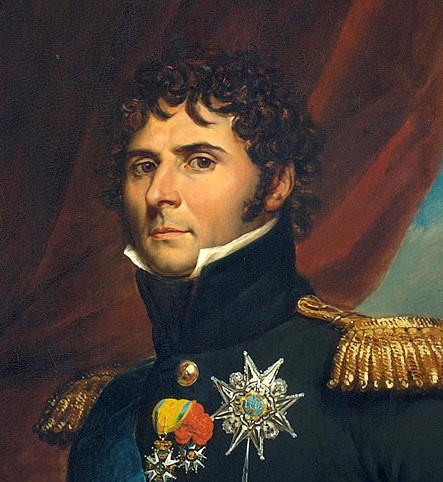
Marshal Bernadotte (Part 2) - Charles XIV. Johan
After he gained the status of a Bonaparte family man, his self-esteem soared. Despite hesitations in the Grand Army and the favour of Napoleon, the Swedish Estates brought him to the royal crown, and he later turned his back on the man who had enabled him to further his life's career.

Listings
Join us
We believe that there are people with different interests and experiences who could contribute their knowledge and ideas. If you love military history and have experience in historical research, writing articles, editing text, moderating, creating images, graphics or videos, or simply have a desire to contribute to our unique system, you can join us and help us create content that will be interesting and beneficial to other readers.
Find out more